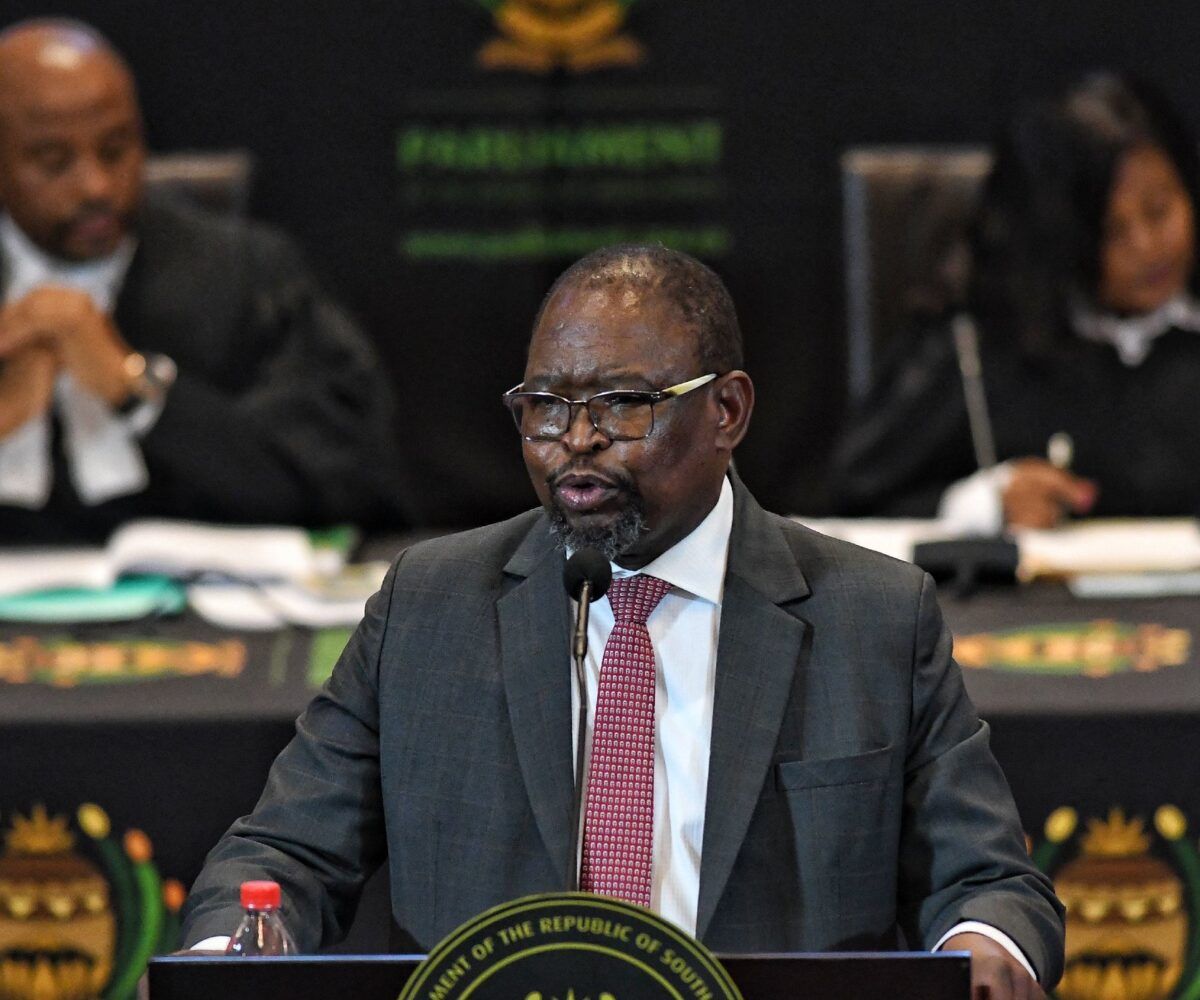Calls for a wealth tax in South Africa have intensified as the country grapples with widening inequality and pressing budget constraints.
However, Finance Minister Enoch Godongwana has firmly rejected the idea, insisting that the country’s current income tax system remains the most efficient and sustainable way to generate revenue from the wealthy.
Responding to a parliamentary question posed by MK party MP Sanele Mwali, Godongwana defended the existing tax framework, which already includes levies such as estate duty, donations tax, capital gains tax, and transfer duties on property and securities.
‘Highly progressive’
Together, these wealth-related taxes generated R21.3 billion in the 2024/25 fiscal year, a slight drop from the previous year but significantly higher than wealth tax contributions in most OECD countries.
“South Africa’s system is already highly progressive,” said Godongwana.
“The top earners pay up to 45% in personal income tax. When combined with other levies, it effectively taxes wealth across multiple fronts.”
While campaigners argue that a targeted wealth tax could ease the financial burden on low- and middle-income South Africans, the minister warned of unintended consequences.
Only around 2 850 South Africans have net assets exceeding R50 million, and Godongwana cautioned that introducing a net worth tax could lead to capital flight, costing the country up to R7 billion annually in lost income tax.
“These individuals are mobile. If they leave, we lose not just tax revenue, but also investment, business development, and job opportunities,” he said.
Critics of a wealth tax point to global trends.
France famously repealed its wealth tax in 2017 after a mass exodus of wealthy citizens.
Today, only a handful of countries still enforce broad-based wealth taxes, citing challenges with administration, enforcement, and economic stability.
Powerful tool
Nevertheless, some economic justice groups argue that South Africa’s extreme inequality requires more radical reform.
A dedicated wealth tax, they claim, would be a powerful tool to redistribute resources and fund essential public services like healthcare, education, and infrastructure.
The Treasury is actively exploring new revenue streams ahead of the 2025 Budget on 21 May.
Early discussions around a possible VAT hike faced public backlash, leaving income tax optimisation as the government’s preferred strategy.
Godongwana said the focus now is on improving tax compliance and modernising collection systems to ensure higher efficiency and broader reach.
“We need to get more out of what we already have, rather than introducing new taxes that could damage confidence and stability,” he concluded.
For now, South Africa will not be introducing a formal wealth tax, but the debate is far from over.
As inequality deepens and the state’s fiscal demands grow, pressure is likely to mount for a more direct approach to taxing the rich.
Are you in favour of the introduction of a wealth tax?
Let us know by leaving a comment below, or send a WhatsApp to 060 011 021 1
Subscribe to The South African website’s newsletters and follow us on WhatsApp, Facebook, X and Bluesky for the latest news.
